Iran reiterates solidarity with Cuba against US sanctions
The Iranian Foreign Ministry spokesman condemned the United States for maintaining a comprehensive economic embargo on Cuba, emphasizing that the Islamic Republic stands in solidarity with Cuba in its "long-standing struggle for sovereignty, freedom, and dignity."
In a post published on the social media platform X on Thursday, Esmaeil Baghaei reacted to a resolution overwhelmingly ratified in the UN General Assembly to slam US unilateral coercive measures against Cuba for a 32nd year.
He noted that out of the 193-member assembly, 187 voted in favor of ending Washington's economic embargo on Havana, while the Israeli regime and the United States were the only parties opposing it.
“We stand in solidarity with Cuba in its long-standing struggle for its sovereignty, freedom and dignity,” Baghaei pointed out.
Ahead of Wednesday’s UN vote, Cuban Foreign Minister Bruno Eduardo Rodriguez Parrilla said the votes in favor would “reaffirm the right of our people and of all peoples to defend their independence, sovereignty and self-determination without interference and foreign intervention.”
“It simply calls for the cessation of abuse and injustice, Cuba has the right to live without a blockade,” he said, adding that supporting the resolution “will also be an act of fairly recognizing the heroic resistance of the noble, proud and brotherly Cuban people.”
The non-binding resolution, which is the 32nd time it was voted on at the UN General Assembly, is advisory in nature and reflects the stance of the international community.
The US imposed the embargo in 1960, following the Cuban revolution led by Fidel Castro. The sanctions were expanded in scope in the subsequent years.
US president Barack Obama took steps to ease tensions with Cuba during his time in office, including formally restoring US-Cuba relations and making a “historic” visit to Havana in 2016.
Former US president Donald Trump, however, abandoned such efforts and took a more aggressive approach, intensifying sanctions and rolling back steps towards normalization.
Current President Joe Biden’s administration has not substantially distanced itself from Trump’s policies but has adopted a handful of steps to relax restrictions on remittances and flights to Cuba.
Press TV’s website can also be accessed at the following alternate addresses:
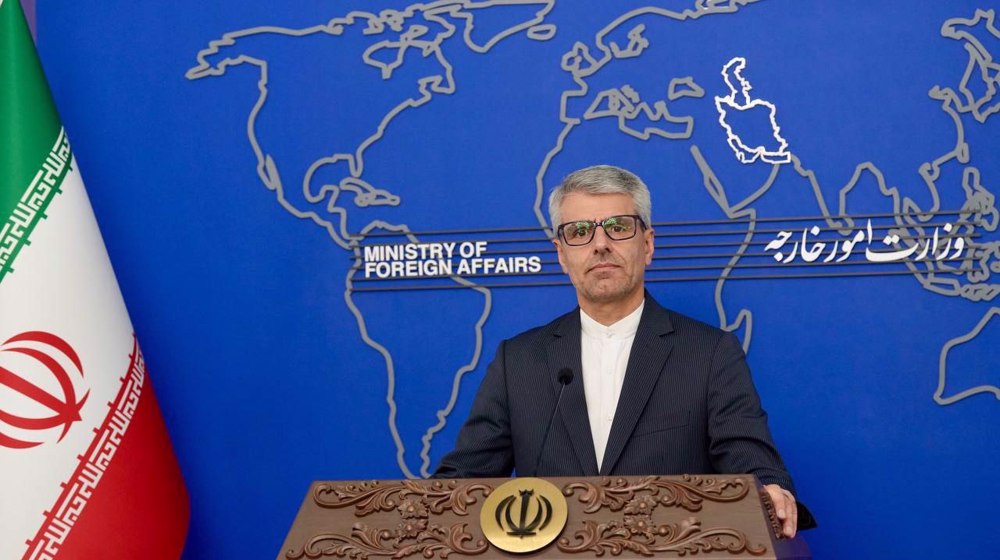
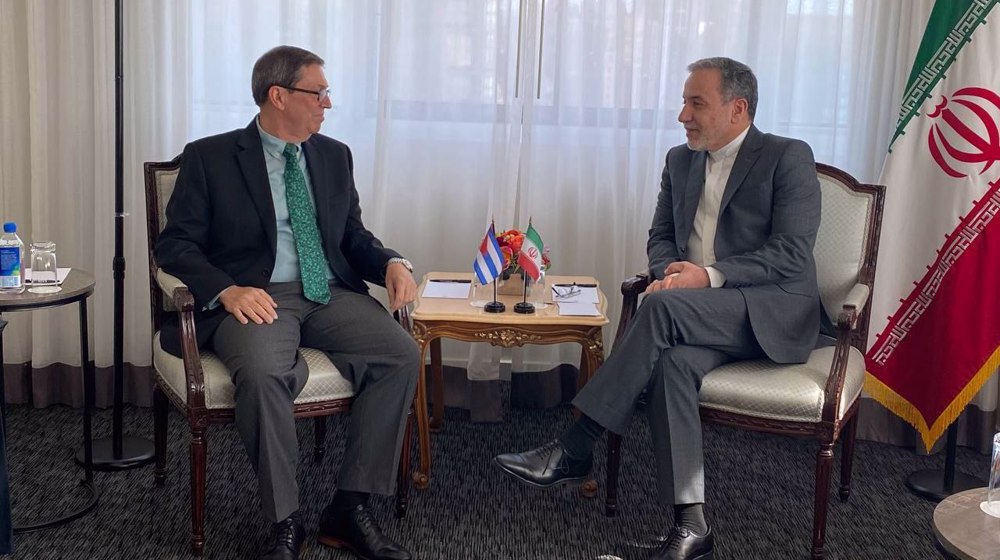
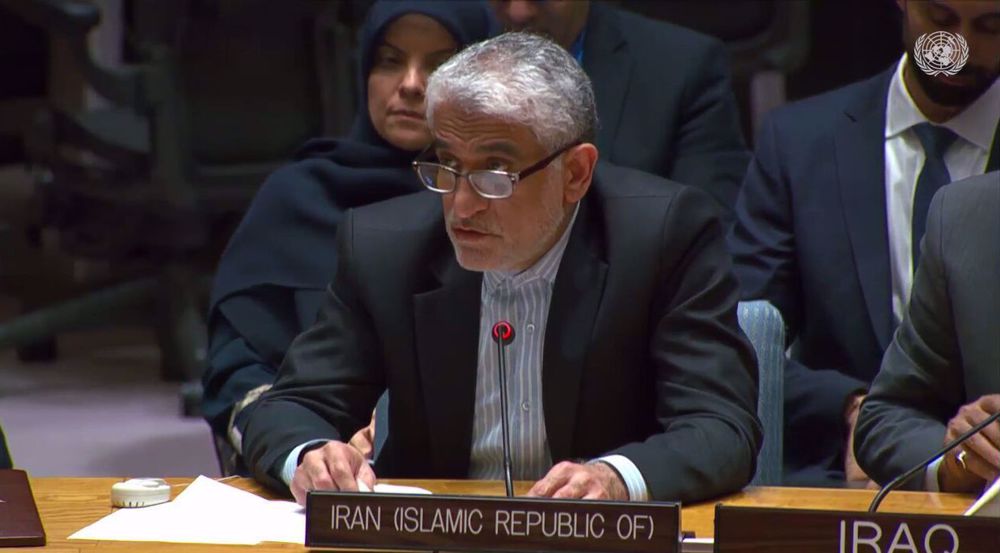
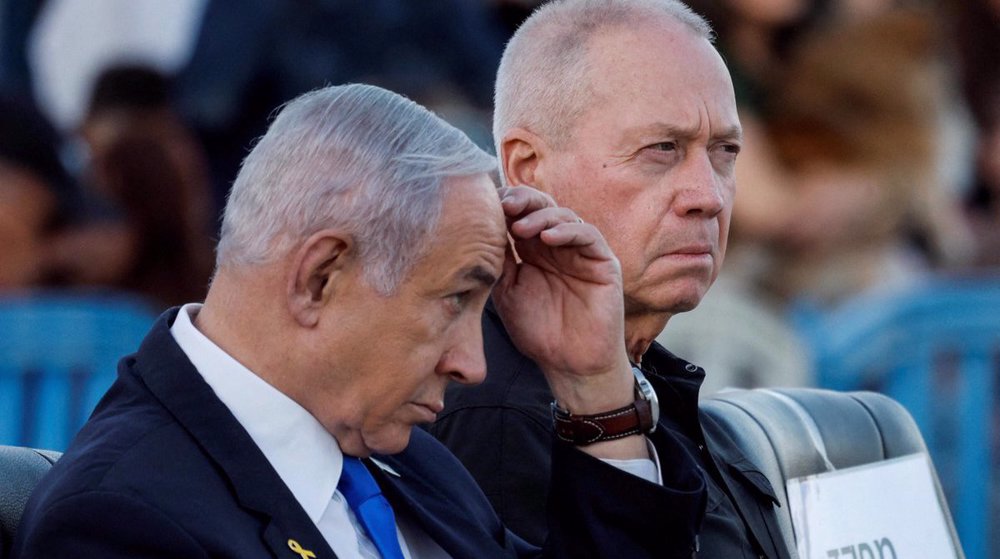
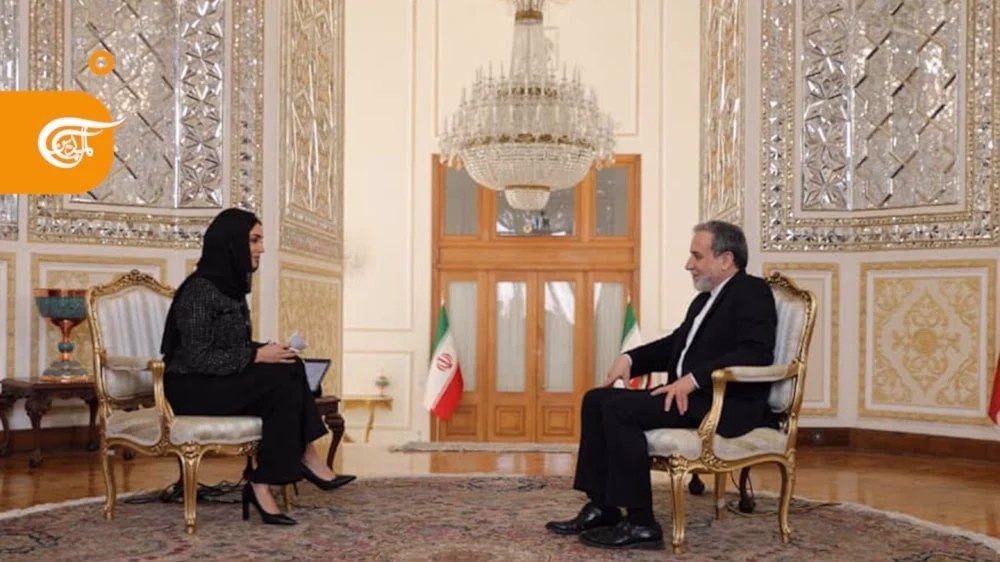



 This makes it easy to access the Press TV website
This makes it easy to access the Press TV website